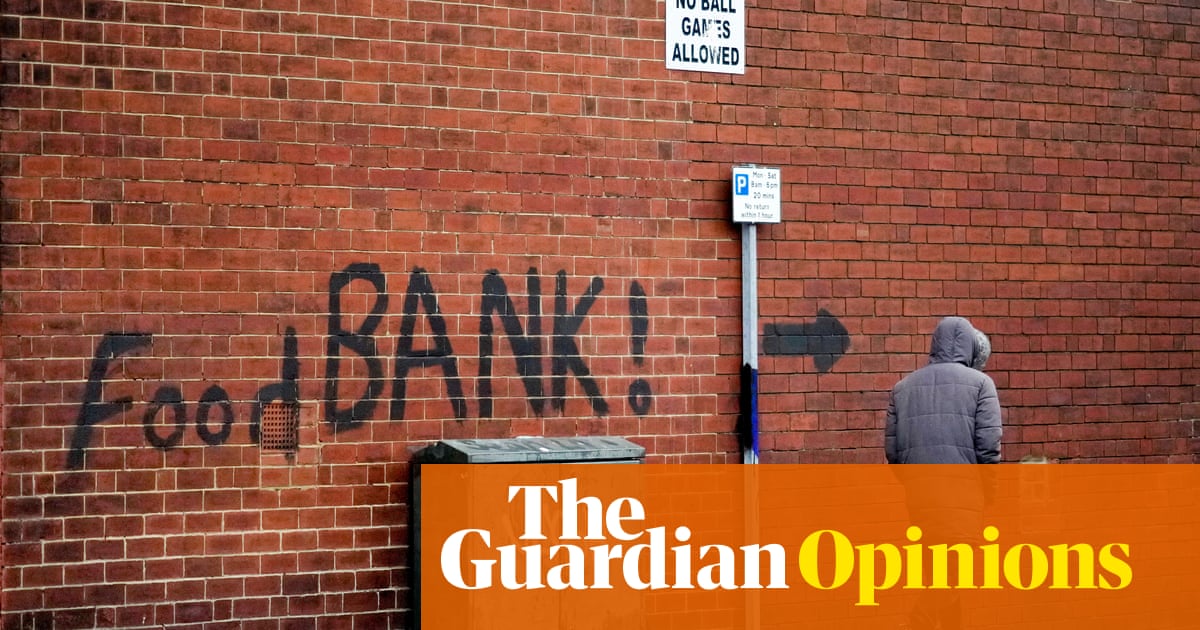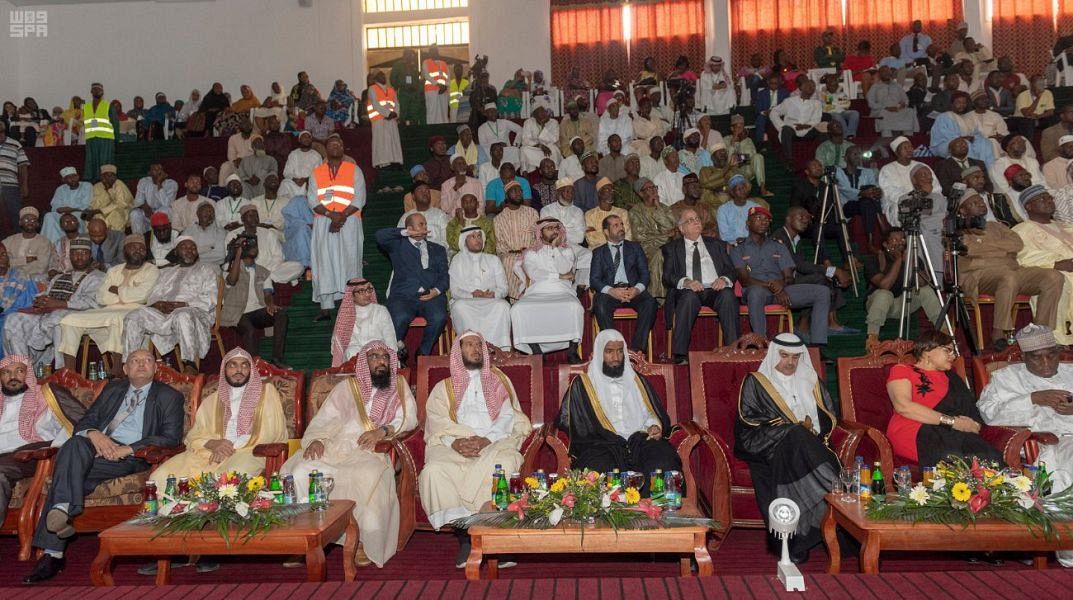
On the face of it, the results of the recent general elections in three important democracies — India, Mexico and South Africa — had nothing in common. In the first, voters re-elected a Hindu nationalist for a third consecutive term as prime minister but denied his party a coveted majority in parliament. In the second, the ruling leftist party and its allies clinched the presidency and large majorities in both chambers of Congress. In the third, Africa’s oldest liberation movement lost its majority in parliament for the first time in 30 years and is being compelled to form a coalition government.
However, the reactions of the financial markets to the outcomes of these three elections in three different parts of the world had a common important message in a time of democratic decline — but more about that later.
While there is no denying the truth of the Latin phrase “vox populi vox dei” in a democracy, in all honesty no serious political party can afford to ignore the verdict of investors once it assumes responsibility for governance, be it for the first time or the umpteenth time. Even when voters choose to send a purely political signal via the ballot box, the onus is on the people who hold the reins of power to manage the economy intelligently, albeit in a manner that accords with the will of the people.
Indian voters replaced, by accident or design, a government led by a prime minister who was aiming for a parliamentary supermajority with a coalition dependent on the support of allies. Although stocks fell precipitously on the news that the ruling Bharatiya Janata Party was falling way short of a single-party majority, calm returned when it became clear that Narendra Modi would be able to form the next government at the helm of a stable coalition.
According to a Reuters report of June 7, “Indian benchmarks closed at record highs, erasing election day-related losses, on political continuity and a projection of faster economic growth … The (Mumbai stock exchange index) Sensex rose 3.7 percent, recouping all losses made after Modi’s alliance won the general elections by a surprisingly slim majority.”
The coalition government can be described, for all practical purposes, as right of center. The BJP’s reduced majority means that it cannot issue any diktat or ram through any policy without the backing of its allies. Some Indian analysts believe that, despite renewed worries about political fragmentation, the new government has a better chance than its predecessor of getting vital reforms passed to loosen labor and land-acquisition laws.
The immediate future of both Mexico and South Africa, however, looks considerably more uncertain because there is no guarantee that the incoming governments will be reformist and fiscally prudent. Long after voters delivered the final verdict, equity and currency traders were still voting, but with their wallets.
“Mexican stocks fell over 6 percent on Monday and the peso closed at its weakest to the dollar since November after the country’s ruling party scored a surprisingly strong election result and looked poised for a supermajority in Congress that markets fear might bring constitutional change and diminish checks and balances,” said a Reuters report of June 3.
The immediate future of both Mexico and South Africa looks considerably more uncertain than India.
Arnab Neil Sengupta
Wrong exit-poll predictions of a new government with an even bigger majority had triggered a brief stock market rally in India, if only because of the Modi government’s pro-business credentials. But halfway across the globe, the prospect of an incoming government with a bigger parliamentary majority has had the opposite effect.
Even an announcement by the incoming Mexican president, Claudia Sheinbaum, that the current finance minister, who is seen as a safe pair of hands, will stay in the job has failed to calm the markets, which suspect that she will carry on the policies of her predecessor, Andres Manuel Lopez Obrador. He built his popularity by doubling the minimum wage over the past six years and handing out cash to everyone from the young to the old. “In the volatile days following the election, investors’ alarm has been on full display, with Mexican stocks battered and the peso suffering its worst week since the pandemic,” said a New York Times report from Mexico City on June 9.
According to a recent CNN story, a combination of general violence, lack of jobs and kidnapping threats is pushing a new wave of Mexican asylum seekers to the US border. The report described Mexico as a country where, “in addition to the high homicide rate, more than 100,000 people have gone missing with no explanation of their fate.” Only time will tell how far President-elect Sheinbaum can shift the government’s economic program from the left toward the center without provoking a political backlash.
Unlike Mexicans, South Africans emphatically voted for change despite their emotional attachment to the governing African National Congress, the party of Nelson Mandela, which had led the struggle against the apartheid system and ended white minority rule. “The result is widely seen as a strong rebuke for years of corruption scandals and an inability to deliver jobs, housing and security for large parts of the electorate,” said a report of June 7 in The Wall Street Journal. However, the verdict was not clear-cut enough to give other political parties a shot at governing Africa’s most industrialized country.
The ANC is hardly the first national liberation movement in Africa to fall out of favor with Black voters. Its decline mirrors the reversal of fortunes of political parties in five other countries — Namibia, Zambia, Angola, Mozambique and Zimbabwe — that once fought colonial rule, but which have subsequently been associated with corruption, cronyism and poor governance in general. But not all is lost for the ANC perhaps if it heeds the message from the electorate — “gravitating to the center,” as Fikilie Mbalula, the party’s secretary-general, bluntly put it.
Last week, the ANC held talks with such rivals as the pro-free-market Democratic Alliance, the centrist Inkatha Freedom Party, and the Marxist Economic Freedom Fighters. According to reports from South Africa’s auditor-general, the Western Cape, which the Democratic Alliance party governs at the provincial level, is the best-run region in the country. The proposed government of national unity, despite the wildly different visions of its constituent parties, is therefore likely to be welcomed by both the domestic private sector and foreign investors as a dire political necessity.
Although it is still early days for the new dispensations in South Africa, Mexico and India, the hope is that, even if “the center cannot hold” in the midst of democratic erosion and rising populism worldwide, the center-right just might.
• Arnab Neil Sengupta is a senior editor at Arab News.
X: @arnabnsg












